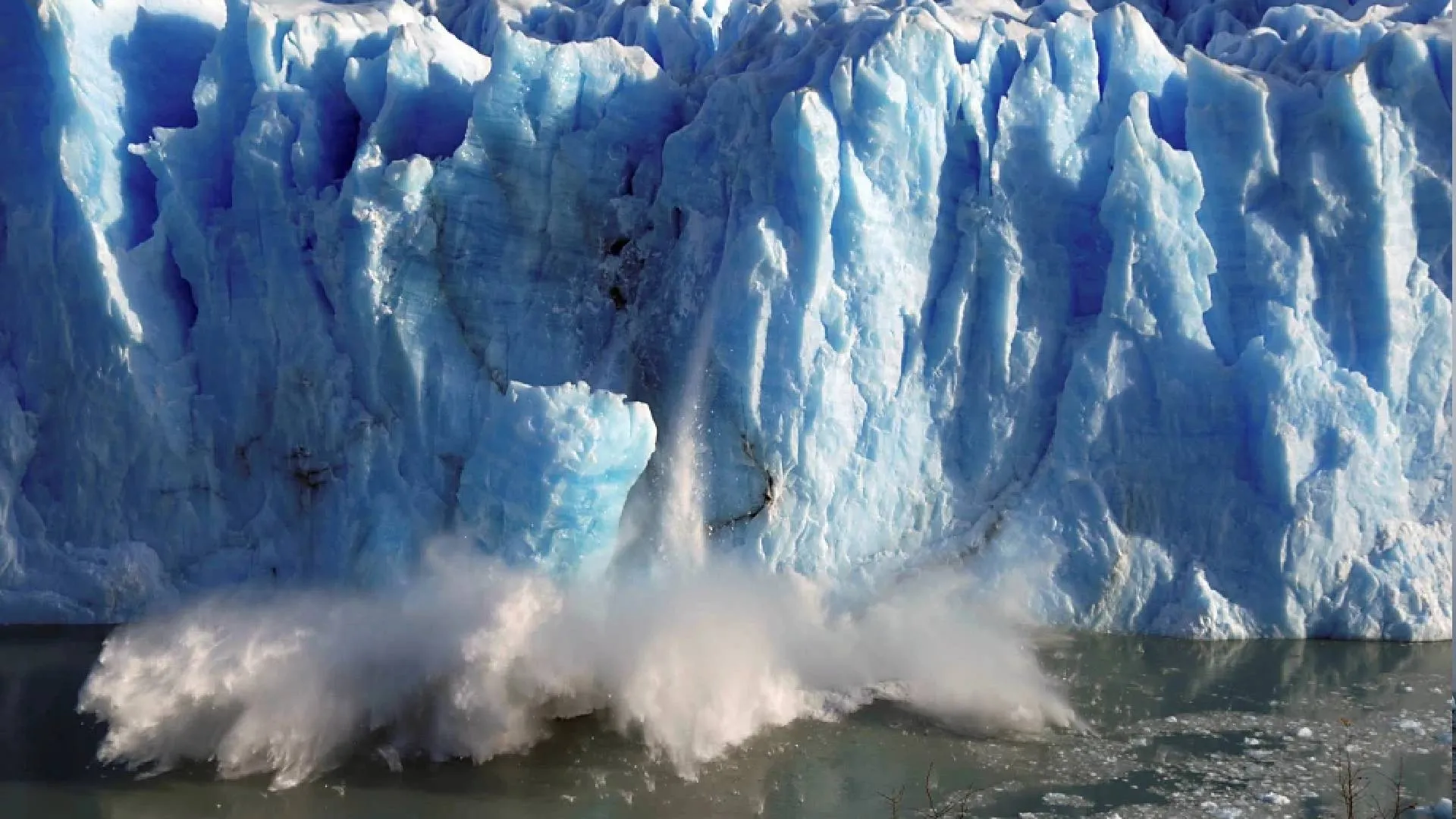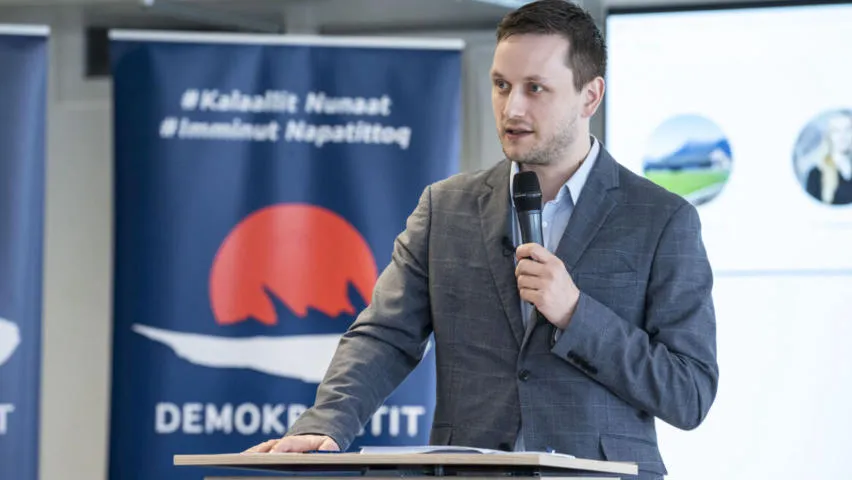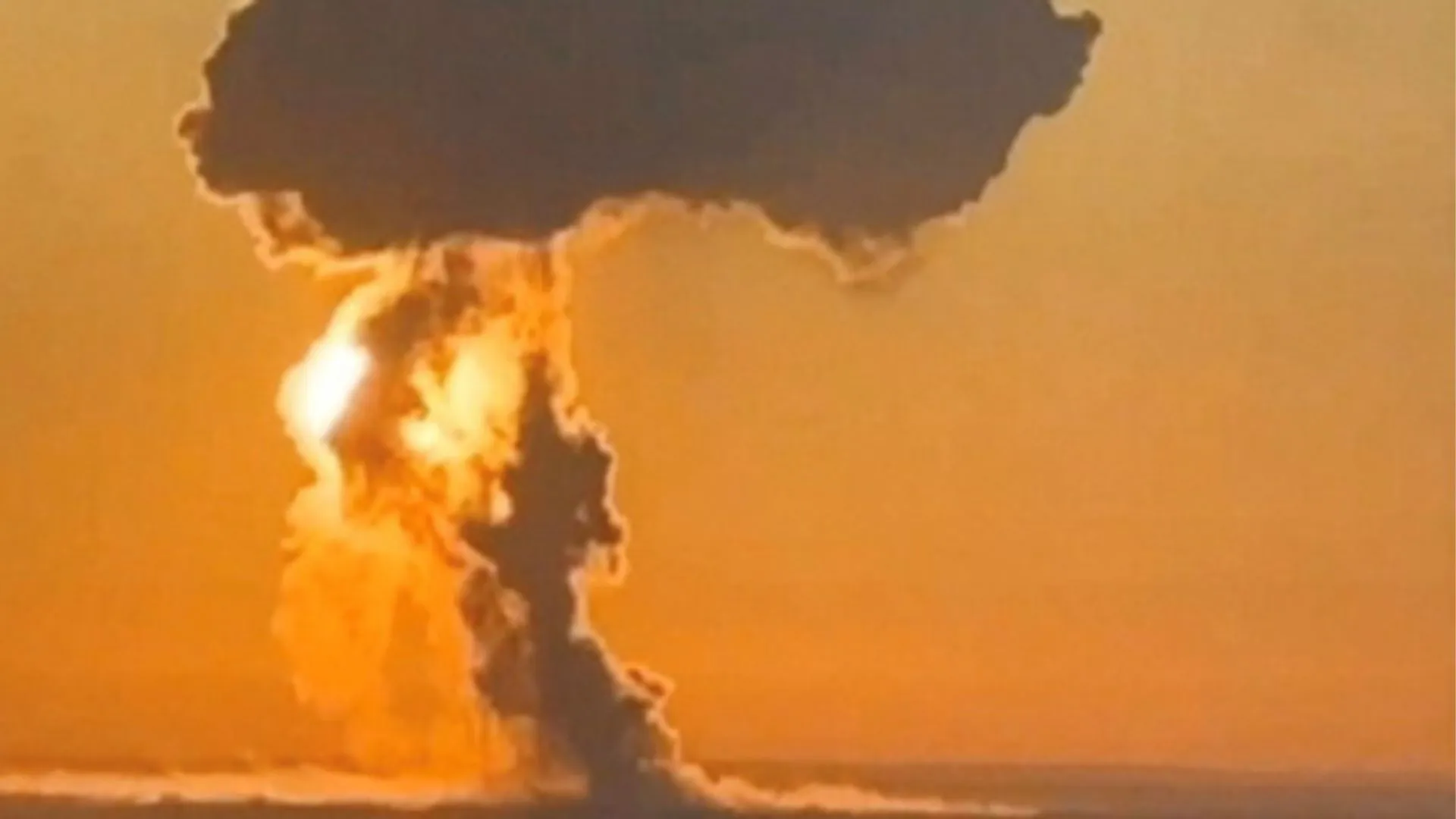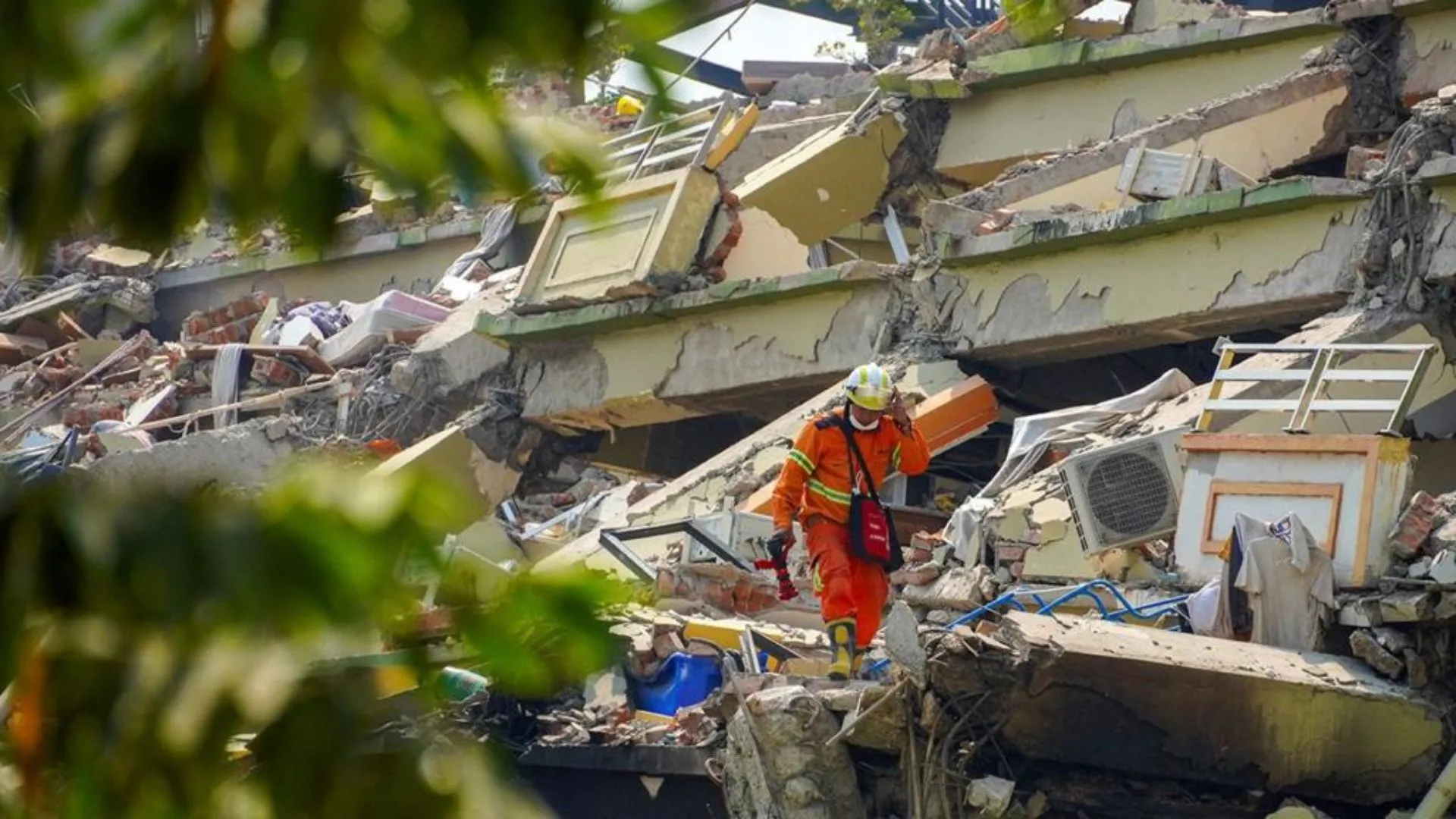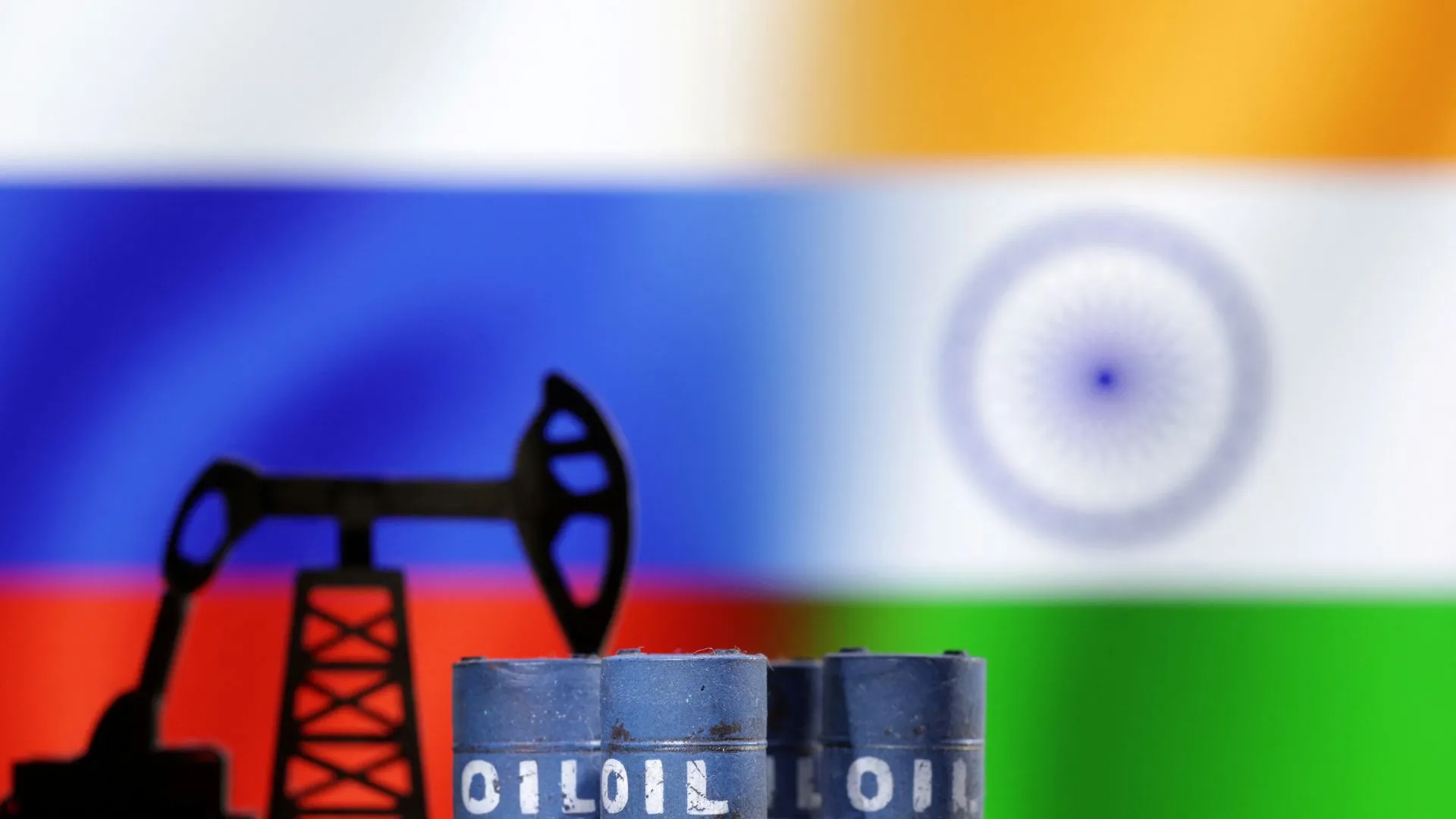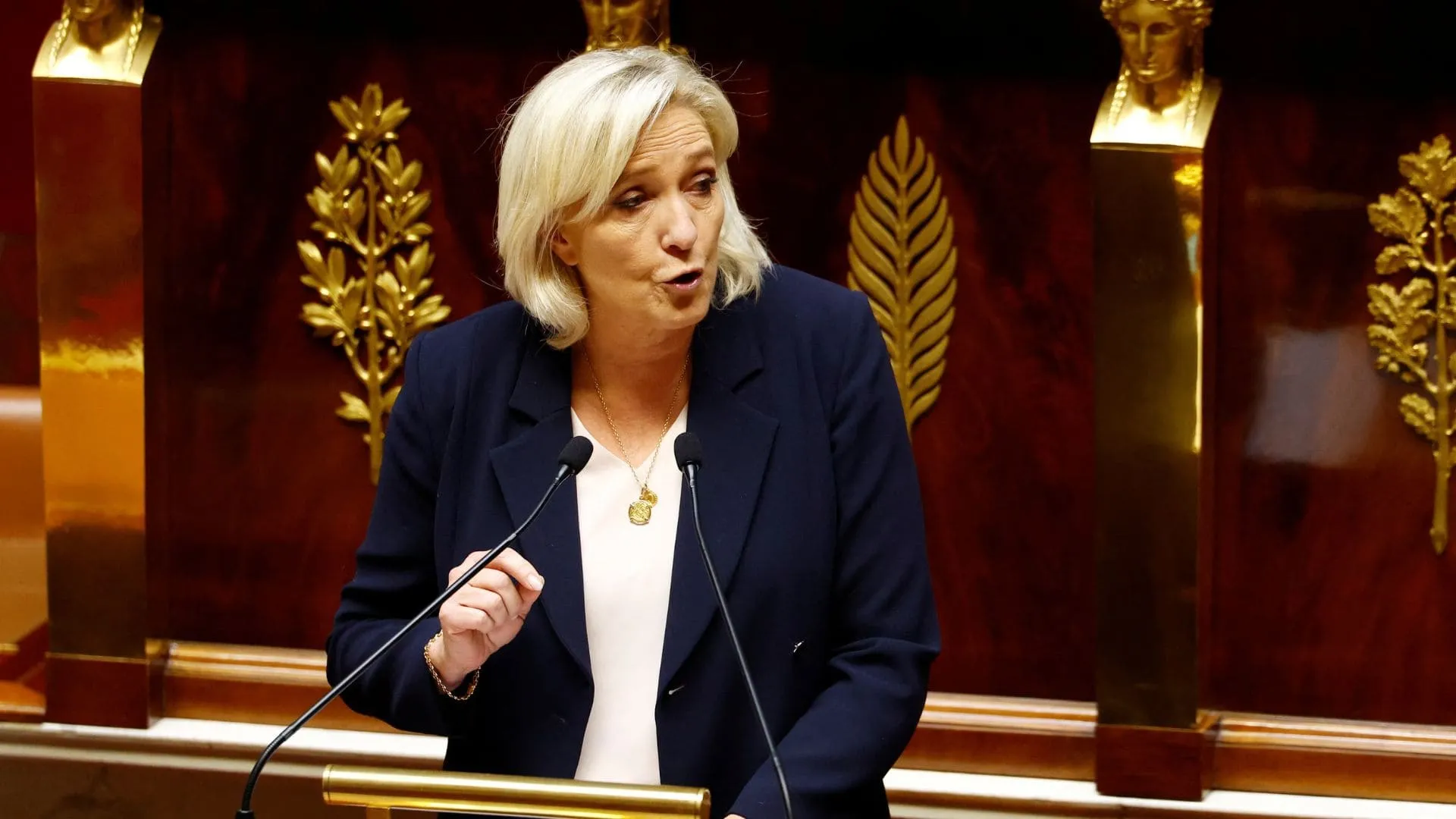The United Nations has declared 2025 the International Year of Glaciers to highlight the urgent issue of glaciers melting at alarming rates due to climate change. This initiative underscores the essential role glaciers play in maintaining ecological balance, water supplies, and climate stability.
Glaciers, massive ice formations created over centuries through accumulated and compressed snow, are vital for providing fresh water to millions and regulating the Earth’s climate. However, recent decades have seen a dramatic increase in glacier melting. According to experts, 2023 marked the second consecutive year of significant ice loss globally. Juan Ignacio López Moreno from the Pyrenean Institute of Ecology warns, “Glaciers are melting faster than ever, with serious consequences for the environment and people relying on them for water.”
The Impact of Melting Glaciers
In mountainous regions, glaciers act as natural water reservoirs. Their loss leads to severe water shortages, affecting local communities, agriculture, and industries. Additionally, melting glaciers can create large lakes that may cause devastating floods downstream. This poses significant risks to those living in these regions.
Glaciers are crucial to the global water cycle, supplying fresh water to rivers, lakes, and reservoirs, especially during dry seasons. As glaciers vanish, regions dependent on them will face critical water shortages. Melting glaciers also contribute to rising sea levels, threatening coastal cities with increased flooding and disasters. Thawing Arctic permafrost releases methane gases, further exacerbating global warming.
Raising Awareness and Taking Action
To emphasize the importance of glaciers and the dangers of their rapid melting, the UN has designated March 21 as World Glacier Day. In 2025, Tajikistan will host an international glacier conservation conference in Dushanbe from May 29 to June 1, bringing together experts and governments to discuss glacier protection and fresh water preservation. The UN aims to highlight the need for global cooperation to combat climate change and preserve glaciers for future generations.
Reducing CO2 Emissions to Protect Glaciers
Experts agree that cutting carbon dioxide (CO2) emissions is crucial to slowing glacier melting. “The only way to save glaciers and their biodiversity is to cut CO2 emissions,” says López Moreno. Immediate action is needed to prevent the worst effects of glacier melting, but time is running out. The World Meteorological Organization (WMO) reports that numerous glaciers, including those in UNESCO World Heritage sites, are melting rapidly, with a third expected to disappear by 2050. However, reducing carbon emissions could still slow or halt the disappearance of some glaciers.

